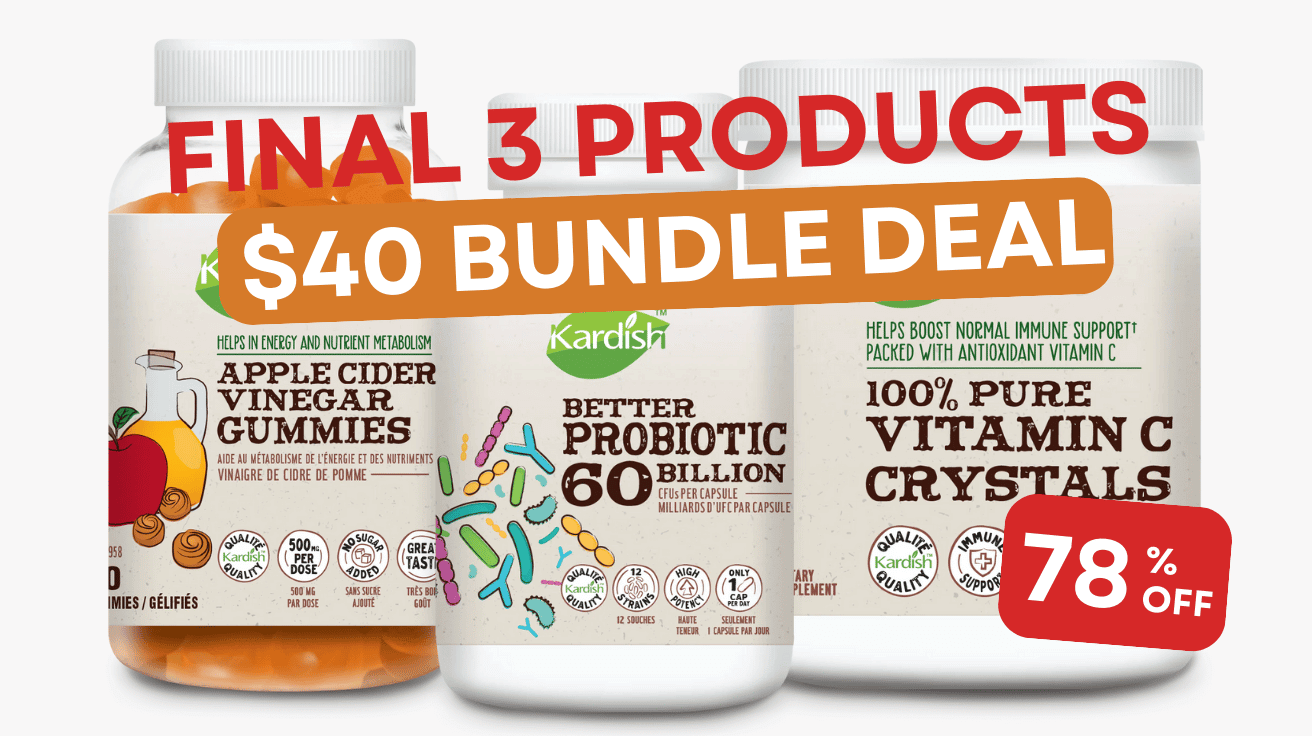
Omega-3 fatty acids are an essential part of the human diet, and they’re found in foods like chia seeds, walnuts, salmon, and soybeans. Omega-3 benefits include lower risks of inflammation in the body, better heart health and brain function, and stronger immune systems. If you want to learn more about Omega-3 benefits, keep reading to find out how this important nutrient can improve your life.
What are omega-3 fats?
Omega-3 fatty acids are polyunsaturated fats, meaning they contain multiple double bonds in their chemical structure. While your body can convert other fats into omega-3s, you can only obtain these essential compounds from food. Plant sources like walnuts and flax seeds are rich in alpha linolenic acid (ALA), which must be converted to EPA and DHA by enzymes in your body. EPA and DHA then act as precursors for certain prostaglandins that regulate blood pressure, blood clotting and inflammation. Fatty fish such as salmon or mackerel are also excellent sources of both EPA and DHA. It’s important to note that fish oil doesn’t exist in a free state; it comes bound up with proteins that determine its digestibility.
The benefits of omega-3
Omega-3s have a plethora of health benefits, including:
- Supporting cognitive health and brain function
- Promoting healthy mood
- Supporting healthy development of brain, eyes and nerves in children up to 12 years of age.
- Supporting cardiovascular health
- Helping to reduce serum triglycerides
- Reduces pain of rheumatoid arthritis in adults (when used in conjunction with other conventional therapies)
Symptoms of omega-3 deficiency
In most people, a diet low in omega-3 will result in few visible symptoms, so you may be deficient and not even know it! Here are some conditions that could indicate you’re having a hard time getting enough omega-3 fatty acids: dry skin and hair; frequent dandruff; brittle nails; depression and anxiety; cognitive decline (memory loss, poor judgement); slow learning; joint pain.
How much omega-3 do you need?
Although you can get omega-3s through food, it’s not always easy to do so. The recommended amount of omega-3s per day ranges from 1,000 mg to 3,000 mg. According to a 2006 study in the American Journal of Clinical Nutrition, nearly all US adults fail to consume an adequate amount of omega-3s from food sources alone. The majority of Americans can benefit from supplementing their diet with omega-3 fish oil, says study author Bruce Watkins, PhD, professor at Loma Linda University.
No matter your age or gender, you should consider taking an omega-3 supplement.
Where can I get an omega-3 supplement?
You can purchase omega-3 supplements at any of Kardish Health Food's seven locations across Ottawa. Our Kardish brand omega-3 softgels contain nutrients from wild fish and clean oceans. Plus, our softgels are verified for purity, loaded with antioxidants, are gluten-free and non-GMO! Stop by your local Kardish today and pick up your bottle.



Leave a comment (all fields required)